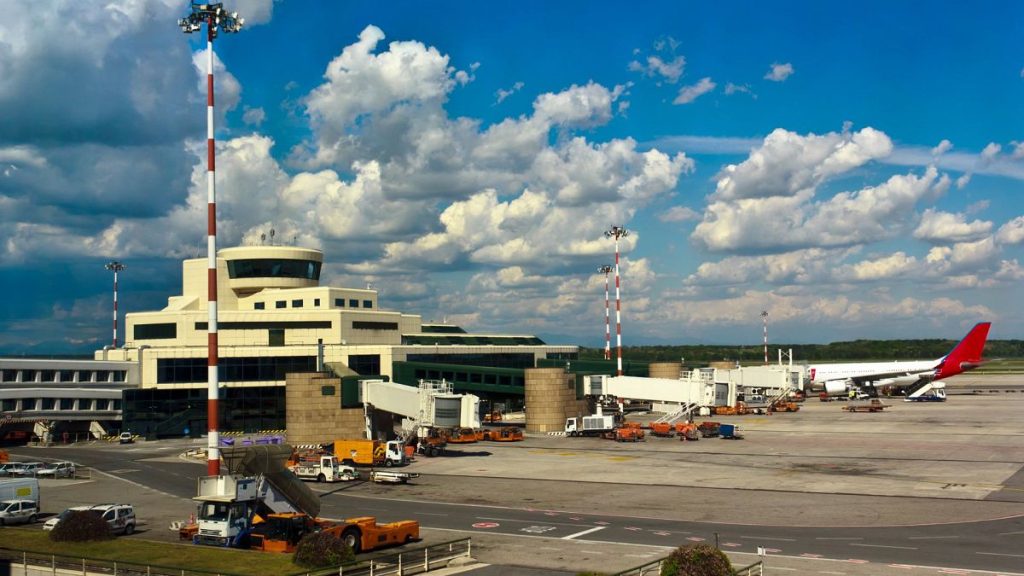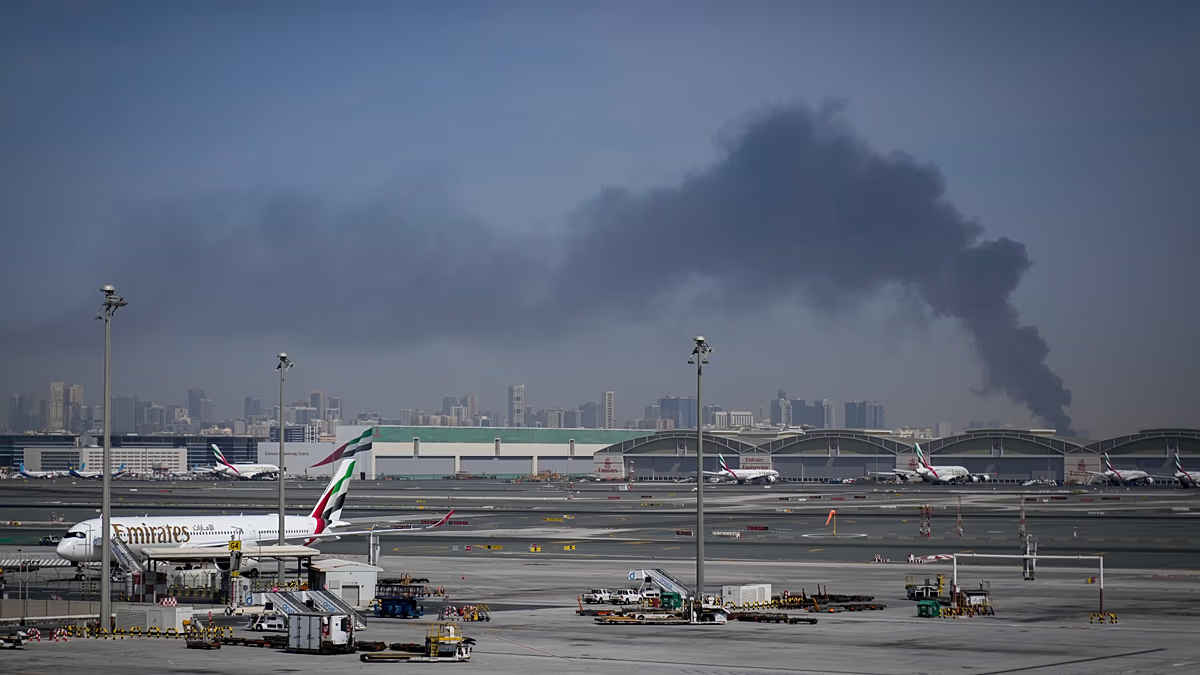Italy’s air travel system experienced significant disruptions on Wednesday, July 19, 2023, due to a confluence of factors, primarily a nationwide strike by airport handling staff and an unexpected fire at Rome’s Ciampino Airport. These events resulted in widespread flight cancellations and delays, impacting thousands of passengers and highlighting the vulnerabilities of the Italian aviation infrastructure. The strike, organized by unions representing ground staff, stemmed from longstanding disputes over pay, working conditions, and benefits. Airport handlers, who play a crucial role in airport operations, including baggage handling, aircraft servicing, and passenger assistance, demanded improved working hours, higher wages, and enhanced benefits. Their 24-hour walkout significantly impacted major airports across the country, including Milan Malpensa, Rome Fiumicino, Naples, Catania, and Venice.
The nationwide strike was exacerbated by a fire that broke out in a technical room at the base of the control tower at Ciampino Airport, Rome’s second-largest airport. While the fire was quickly extinguished and no equipment damage was reported, the incident led to the suspension of all air traffic at the airport, further compounding the travel chaos. The cause of the fire remained under investigation, adding another layer of uncertainty to the already disrupted air travel landscape. Ciampino Airport is a hub for many budget airlines, including Ryanair, impacting a large number of travelers. The combination of the strike and the fire created a perfect storm, leaving many passengers stranded and uncertain about their travel plans.
The labor unrest extended beyond the aviation sector, with regional train services in Lombardy also affected by a 23-hour strike organized by the Orsa Ferrovie union. This strike, prompted by unresolved issues related to labor regulations and financial compensation, disrupted train schedules, including regional, suburban, airport, and long-distance services. While the regional railway company, Trenord, attempted to mitigate the impact by providing bus services between Milan Cadorna and Malpensa Airport for cancelled airport shuttle trains, the overall disruption to ground transportation added to the travel difficulties faced by passengers.
The disruptions highlight the interconnectedness of various transportation systems and the cascading effects of labor disputes. The airport handlers’ strike, while focused on aviation, had ripple effects on other forms of transportation, as passengers sought alternative routes or faced delays in reaching their destinations due to the train strike. This underscores the importance of addressing labor concerns and maintaining open communication between unions and management to minimize disruptions to essential services. The incidents also exposed the vulnerability of critical infrastructure to unforeseen events, such as the fire at Ciampino Airport, which, although relatively minor, had a significant impact on air travel.
Passengers impacted by the flight cancellations and delays are entitled to compensation under EU law. Airlines are obligated to offer refunds or alternative flights for cancelled flights, while passengers experiencing delays may be eligible for reimbursement of unplanned expenses, such as food and accommodation. Similarly, rail passengers within the EU are entitled to compensation for delays, with partial or full refunds available depending on the length of the delay. Passengers are advised to contact their airline or travel agent to claim refunds, although the process may take time. The EU regulations aim to protect passenger rights and ensure that they are not unduly burdened by disruptions caused by strikes or other unforeseen events.
The events in Italy serve as a reminder of the delicate balance between labor rights, essential services, and passenger rights in the transportation sector. Addressing labor concerns proactively, investing in robust infrastructure, and having contingency plans in place can help mitigate the impact of such disruptions in the future. Furthermore, clear communication with passengers about their rights and available options is crucial during such events to minimize inconvenience and uncertainty. The Italian experience provides valuable lessons for other countries seeking to maintain a resilient and passenger-centric transportation system.











